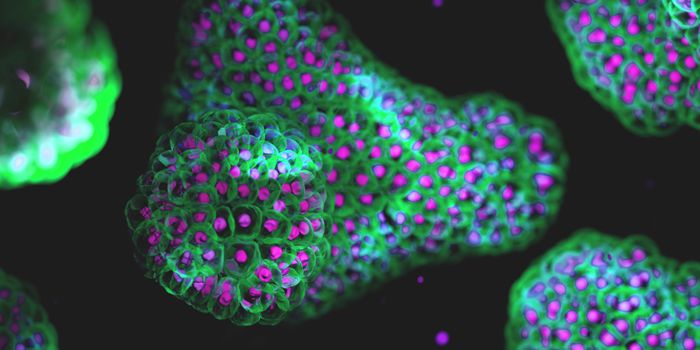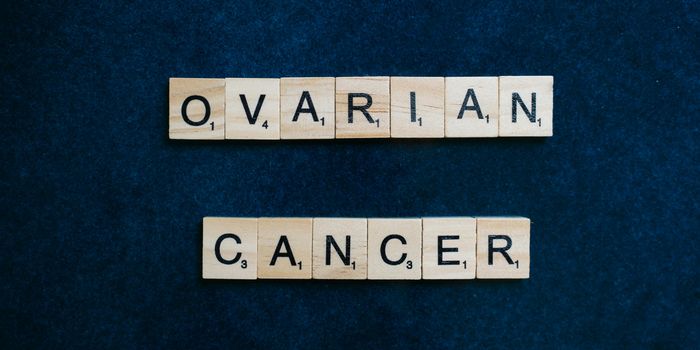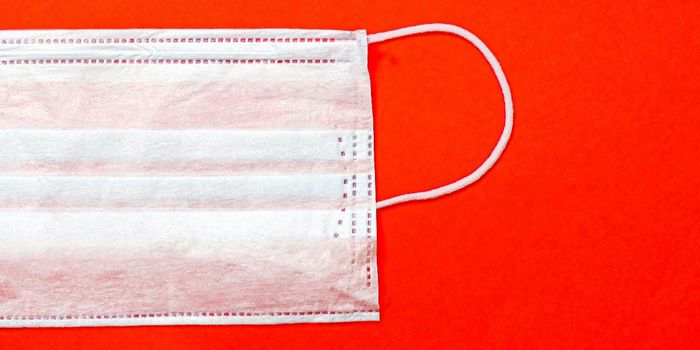Anti-Parasitic Medication Could Be Therapy for COVID19
What are tropical and neglected diseases? Chronic infections that plague developing nations with often little financial incentive for pharmaceutical companies to develop therapies. One such disease is Chagas, often known as the kissing bug disease, is the leading cause of heart failure in Latin America.
Learn more about Chagas disease:
The disease is passed on by a parasite called Trypanosoma cruzi that produces an enzyme called cruzain. Cruzain allows the parasite to replicate and wreak havoc on the human immune system. This inspired researchers to look for inhibitors of cruzain. One successful inhibitor was K777.
When the COVID19 pandemic hit, researchers found that the culprit novel SARS-CoV-2 cannot infect human cells unless an enzyme known as cathepsin L cleaves the spike protein of the virus. It just so happens that cathepsin L looks a lot like cruzain.
Learn more about the novel SARS-CoV-2:
Such realization prompted scientists to investigate the effect of K77 on cathepsin L and if it can target SARS-CoV-2’s infectivity on human cells.
"Since K777 inhibits a human enzyme, not the virus itself, it's our hope that it's less likely the virus will evolve resistance against it," said James McKerrow, co-senior author of the study with Thomas Meek, PhD, of Texas A&M University.
Findings were published in ACS Chemical Biology and show that low concentrations of K777 inhibit the activity of cathepsin L and reduce SARS-CoV-2's ability to infect four host cell lines without harming the host. The cell lines were derived from the kidney epithelium of the African green monkey, human cervical epithelial cells, and two types of cells from human lung epithelia. They also found that the K777 was not equally effective in all of these cells and it’s believed because not all cells produce the same levels of cathepsin L.
"We were surprised at just how effective K777 is in blocking viral infection in the lab," McKerrow said. "Yet under usual circumstances it would be impractical and unlikely that we ourselves would be able to move the compound so quickly into clinical trials. We're fortunate that an 'entrepreneur-in-residence' program here at UC San Diego has helped bridge that gap."
Source: CDC, R&D Systems, Science Daily, University of California-San Diego









